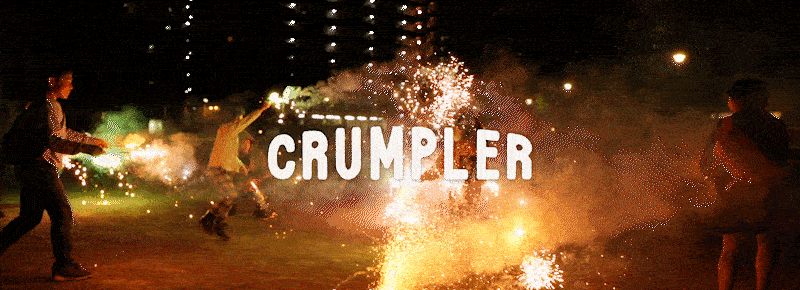WYRDO is a Glass column obsessed with finding the weirdest kinds of literature available!
From not-quite-infinite poetry to unbound books and beyond, this is the place for the most deranged writing you’ve (probably) never heard of. This edition is about OULIPO.

In the last column we talked about some infuriatingly French writers interested in creating unique writing through a weird technique. This time I’m mixing it up a bit by talking about some more infuriatingly French writers interested in creating unique writing through multiple weird techniques. Now that’s progress.
The Ouvroir de Littérature Potentielle (Workshop of Potential Literature for the non-French speaking among us) was a group of writers who explored the use of formal constraints to write literature. The group started in 1960 and continue to this day, making it one of the longest running literary collectives in recent history.
The Oulipo was founded by Raymond Queneau, a former surrealist. He shared the surrealists’ interest in dreams and the unconscious, but he observed that Automatic Writing always produced the same style of text, as well as the same flaws. Inspired by both historical constraint techniques, like the lipogram, and the avant-garde mathematician group Bourbaki, Queneau started the Oulipo.
It was news to me that mathematicians can be avant-garde.
“The aim of the Oulipo is to invent (or reinvent) constraints of a formal nature and propose them to enthusiasts interested in composing literature.” – Jacques Roubaud
It would be futile to try and list all the constraint methods used by the Oulipo throughout their 63-year history (and I’m sure many haven’t even been recorded). However, I’ll name a few I could find information on:
Lipograms – as mentioned above, the lipogram predates the Oulipo, however it was one of their favourite toys. Writing a lipogram is simple; choose a letter you hate (feverishly) and never use it in a piece of writing. Not even once.
N+7 – Replace all the nouns in your work with the seventh noun after them in the dictionary. This can also be used on verbs, if you hate those even more than nouns.
Pilish – this is simple, so long as you can look up the digits of pi. To write in Pilish, every word in your sentence must be as long as the corresponding number of pi. Don’t ask me why, it’s really constraints for their own sake at this point.
There are so many interesting techniques used by the Oulipo; my favourite is Mathew’s Algorithm, described on Wikipedia only as “elements in a text are moved around by a set of predetermined rules”. I refuse to investigate any further.
I recommend looking into the strange and wonderful writings of the Oulipo members (Oulipians?). Queneau’s own Exercises in Style is a good place to begin; it describes the same scene in ninety-nine different styles. Georges Perec and Italo Calvino are also great writers to seek out. The Penguin Book of Oulipo, edited by Philip Terry, is a gargantuan collection of Oulipian writing which is well worth the money, if that tickles your fancy.
Try writing a lipogram, or in Pilish. You might be surprised by what you can produce.
Join me in the next WYRDO column for celebration of the tentacle (New Weird).
Brock is an experimental fiction writer based in Meanjin. His writing writhes in the gaps between weird and weirder, with an emphasis on eutopianism. He can be found at @scholteyyy in Instagram or at brockscholte.com







